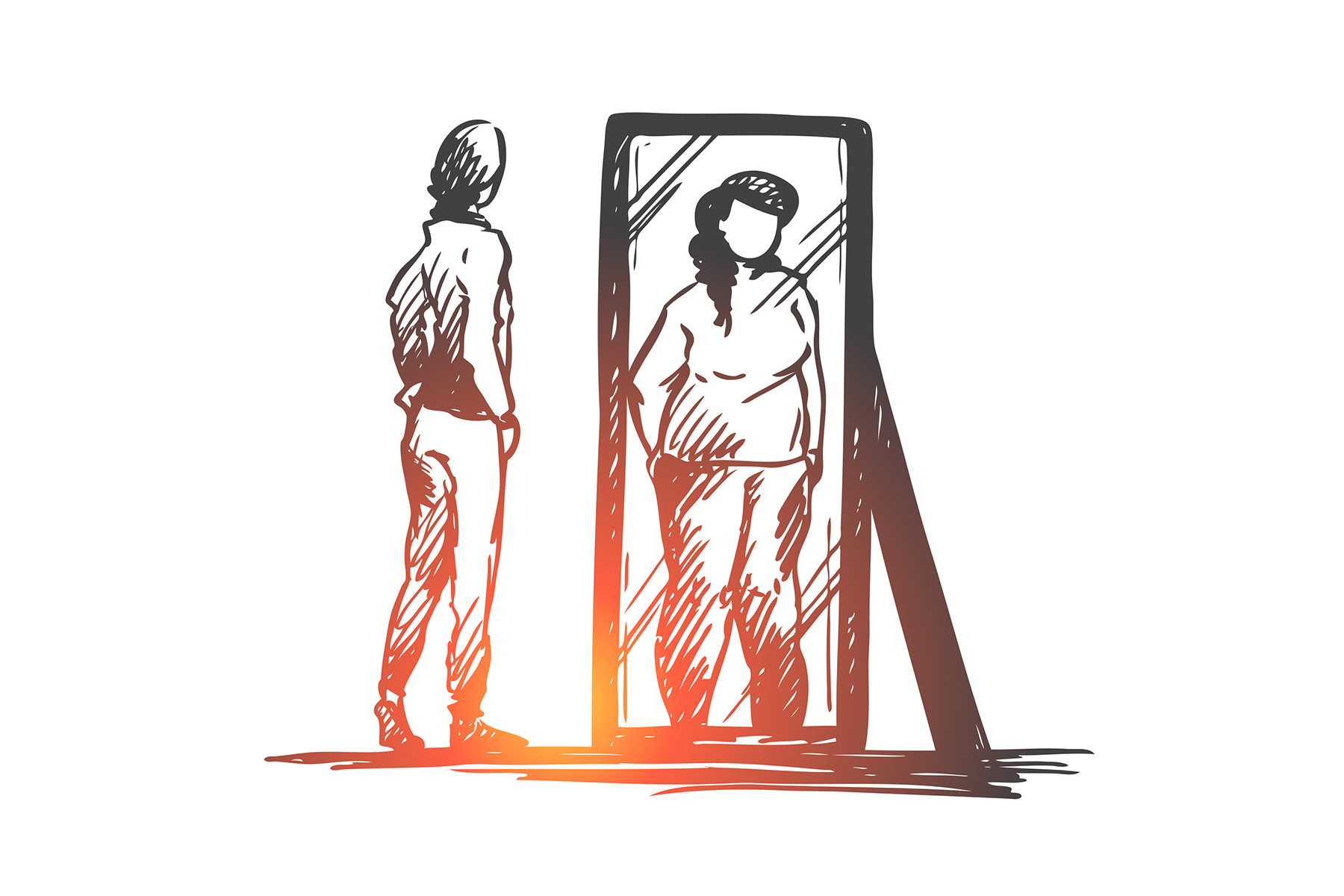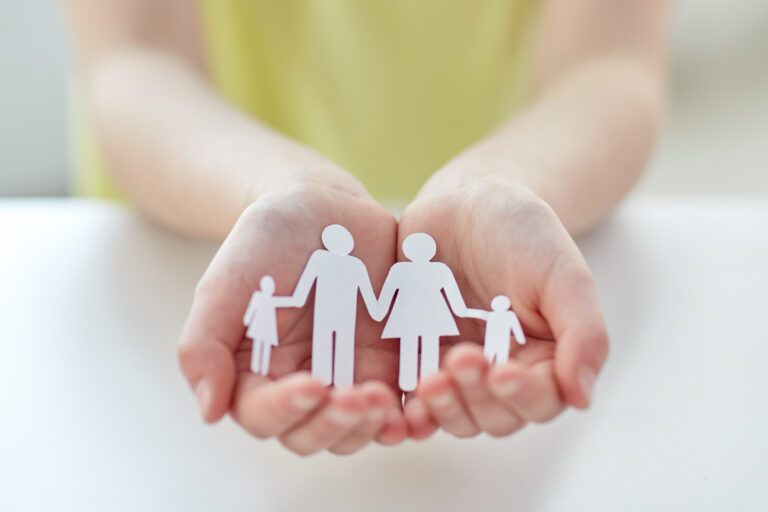Eating disorders are estimated to affect around 1.25 million people in the UK, but sadly many sufferers are never diagnosed and given access to treatment. Many more are not diagnosed until the condition has escalated to dangerous levels. That’s because eating disorders manifest in a myriad of ways, with each person looking, feeling and acting in a different way. It’s also because our culture of healthy eating and fad dieting and praising weight loss and excessive exercise, can mean we miss the signs that something is wrong and in fact support their disordered eating and controlling behaviours.
What makes it even harder, is that people suffering from an eating disorder are often very secretive and good at hiding their behaviours, so parents, teachers, medical professionals and care givers need to be alert and good at spotting subtle signs.
At our eating disorder treatment centre we sadly see some of the most extreme cases, when the eating disorder has played havoc with their physical and mental health.
But we want to encourage support and treatment earlier in the disease, as the earlier that support is given, the better the outcome and the minimum long-term damage is done. That’s why we’re sharing these 10 ways to spot an eating disorder with you today and encourage you to face head on any concerns you may have and demand help and support from medical professionals, even when they deny that there’s something wrong.
- A strong emotional attachment to their way of eating or exercise – For those without an Ed, if they miss the gym, or eat off plan it might be vaguely annoying, but shouldn’t cause an extreme emotional reaction. Whereas if you notice tears or anger over a meal not being right, or their mealtimes being changed, even slightly, this can be a warning sign.
- Not eating around others – This can be to hide how little they are eating, due to shame or worry they have around food, or due to being in a binging and purging cycle, but is definitely something to clamp down on, so you know what is really happening.
- Viewing foods as “good” or “bad” and highly restricting the “bad” foods – We notice that there is a very rigid way of thinking about foods among people with eating disorders. They have categorised foods into good and bad, safe and unsafe or right and wrong and often rejected all those foods they feel are bad. If they start to change their eating habits to avoid so called bad foods, this is definitely a red flag.
- Withdrawing from family and friends and spending a lot of time alone – Our social and family lives often revolve around food and so when an unhealthy relationship around food is developing, we often see a withdrawal from the family and friendship group, a refusal to go out, and a desire to be alone. It is also often aligned with being secretive and finding it difficult to describe emotions, as well as a fear of being judged or scrutinised for their appearance.
- Becoming very body conscious and expressing hate or unhappiness about the way they look – You may notice that suddenly they are always looking in the mirror or at themselves in pictures and being self-critical. Or they might share with you that they don’t like how they look and are worried about how others view them for their size, shape or appearance. This can escalate to avoiding social activities or occasions because of how they look and intense self-criticism of what they are eating or their exercise habits. This can be the start of an eating disorder developing, so must be handled carefully.
- Becoming obsessive about the calorie content or nutrition in the foods they are eating – If you notice them scrutinising the back of packages, counting calories and being worried or fearful about a high calorie food or meal, this is a concern.
- An unnatural focus on what others eat and a new interest in cooking, but without eating the food – This is may seem counterintuitive, but an interest in food can be a sign of an eating disorder if they are focusing that attention outside, and not eating it themselves. It can be because they are hungry and thinking about food, and therefore more interested in it, even if they won’t eat it.
- Intense and obsessive exercising – Over exercising, or relating the exercise they are doing to counteract the food they are eating is a concern. Also be aware of exercise even in bad conditions, and exercising heavily without any sign of enjoying it.
- Mood swings, irritability and difficulty sleeping – There are a wide range of mood and behavioural changes that you might notice, but it’s easy to confuse it with hormones, or teenage moodiness. Just be aware of any change in mood, including an absence of emotion and question how they are feeling and whether there’s anything to be concerned about.
- Fluctuations in weight – We’ve left this as the last point, as it doesn’t always manifest with eating disorders and people who are a healthy BMI, overweight or obese can be suffering from an eating disorder. However, if you see a rapid or noticeable loss or gain in weight this is a warning that something is occurring.
We hope that this list of warning signs help you to identify if your child, or loved one is suffering from an eating disorder. There’s a very useful screening tool available on the National Eating Disorders website, which you can get by clicking here.
If you are able to identify that an eating disorder is developing, please seek help from your GP or an eating disorder treatment centre such as ours. The sooner that it is diagnosed and treatment is given, the better the recovery outcome and the less damage it will have done.
Here at The Bridge, we take a personalised approach to treating eating disorders and our team of experienced eating disorder specialists are here to help clients heal, build strength and confidence and develop a healthy attitude to food. We take a multi-faceted approach to eating disorder treatment which goes far beyond the symptoms. This can include weight restoration, CBT, psychodynamic and person-centred therapies, group therapy, psychoeducation and more. Our clients leave us with a better relationship with food and having worked hard on improving their body image and sense of self. Find out more about our eating disorder treatment programmes.
Recovery from eating disorders is possible and a life free from obsession with food or weight is waiting for them, with the right support. Please contact us to discuss how we can support your child or loved one.




